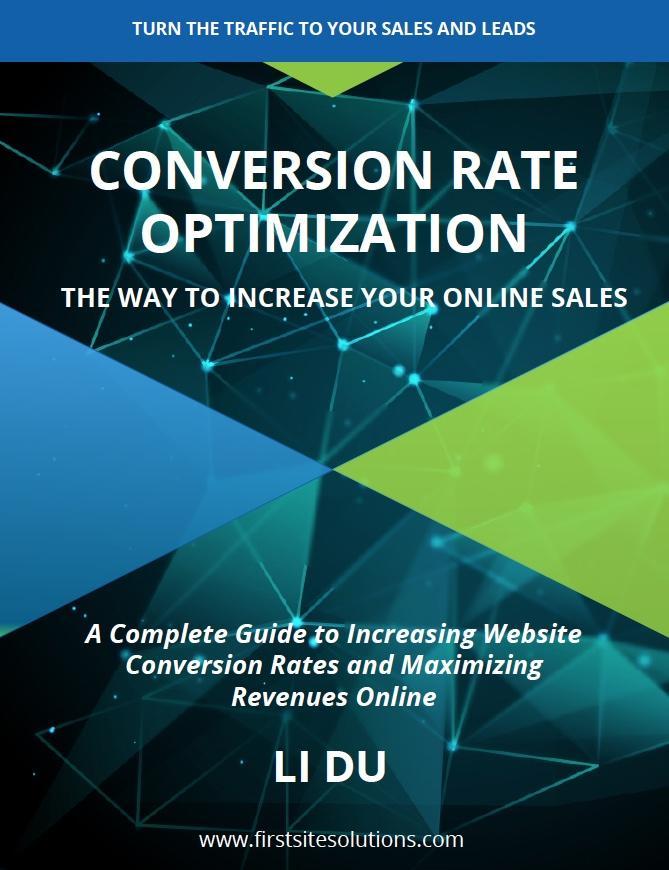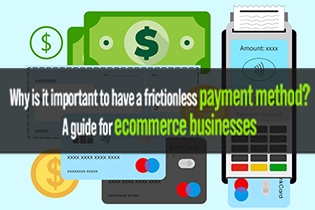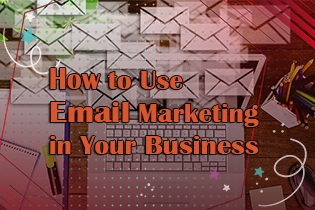
There is no denying that when it comes to eCommerce businesses, the competition in the market is cutthroat. Digital marketing plays a pivotal role in this business and is the key ingredient to get your eCommerce done right.
Hence, to stay ahead of the curve, there are certain digital marketing rules you should strictly adhere to. Read on to find out what those are.
1. Do Not Disregard Mobile
These days, you cannot effectively discuss an e-commerce tactic without talking about smartphones. It is predicted that mobile e-commerce will cross the 3.56 trillion dollars threshold by 2021. Furthermore, eCommerce experts also expect that around 73 percent of e-commerce purchases will be done via mobiles in 2021. When you consider this statistic, the time you spend on making your website more user-friendly and mobile-responsive can pay massive dividends.
2. Be Sure to Incorporate Video Content
This is a very important rule as customers greatly prefer video content to any other marketing medium. This content can be anything from a how-to instructional video to a product demonstration. Individuals adore watching and then sharing video content on various social media platforms. Incorporating video content is a critical feature of digital marketing, and it can increase sales tremendously.
3. Use Customer Reviews to Your Advantage

Nothing indeed convinces more than other individuals’ recommendations. Endorsements from others regarding your product or service hold a lot of value. To that end, be sure to sprinkle glowing reviews generously across your e-commerce website/store. See if you can try your luck with a famous personality; their positive reviews are particularly valuable. You can also link to a 3rd party review site like Trust Pilot and respond to all of the reviews regardless of whether they are bad or good.
4. Make Your Product Descriptions Persuasive
One cannot stress enough the importance of making your product descriptions as appealing as possible. The success of your eCommerce business is heavily dependent on the quality of your product descriptions. Ensure that you include sufficient details to quench the customers’ curiosity. However, you should also remember that in the digital marketing realm, consumers tend to be more turned on by advantages of the product than lists of the product specifications.
5. Do Guest Posting
You can broaden the reach of your eCommerce business to other publications and blogs by placing your content in front of a brand new audience and acquiring a couple of important links back to your website.
Make sure that you only submit posts to high authority and high-quality publications that have engaged readerships. You would want your eCommerce business to be linked with only these kinds of publications.
6. Leverage Instagram and Facebook Advertisements

Leveraging these social media advertisements is inbound digital marketing at its very best, and is an ideal way to generate demand and introduce consumers to your services or products.
Usually, businesses target their consumers by search intent and showing advertisements when their customers look for them online. Advertising your business on the giant social media ad platforms, you can target customers based on varied qualities such as interest, location, and age to introduce them to your service or product.
7. Send Follow up Emails
After an appropriate time has elapsed, make sure you send follow up emails to your customers who have already bought from you. Offer them similar or the same products with an extra reward for purchasing again like free of cost shipping to their home or a discount. You can boost your sales considerably by targeting previous customers.
8. Make Use of Personalization
Lately, eCommerce organizations that make use of personalization as a digital marketing tactic have been witnessing their revenue increase from 6 to 10%.
Personalization is coming up with customized ways to better engage with customers; it is modifying your outputs to reflect your customer’s unique requirements. This may come in various forms, such as recommended products or content based on a particular visitor’s behavior or a potential customer’s name in an email’s subject line.

Personalization can move individuals quicker along their buyer’s journey; you put what they are searching for right in front of them. This makes it easier for them to take the action that you want them to take, which is to make a purchase.
9. Do Not Take Your Product Photography Too Lightly
Your product picture is the first thing people usually see on your eCommerce site. Hence, to create the best first impression, you should engage the services of a professional photographer for your primary product images. This, however, might be quite expensive for individual product pictures, especially if your product line is evolving continuously.
If you are on a tight budget, a decent smartphone camera, a tripod, and a plain background should be more than sufficient to nail your photography.
10. Run a Transparent and Secure Website
Make sure that you publish your consumer privacy policy on your website and display your SSL (Secure Sockets Layer) certificate symbol as well. This helps you to earn your customer’s trust as they feel safer. Consider utilizing reputed and well-known e-commerce platforms. Shopify is one such platform you can make use of.
11. Encourage Your Buyers to Share Their Purchases
By requesting your buyers to share their buys on various social media platforms such as Facebook, Instagram, Twitter, and so forth, you can spread the word about your product/service. This, in turn, will boost your sales. You can use a tool such as Checkout Share to make it easy for individuals to express themselves and say positive things about your service or product.
12. Ensure You Are Responsive to All Customer Queries
Email or phone will usually be enough for the sporadic inquiries regarding your product. However, if your e-commerce website begins to generate several hundreds of messages every day, you would want to consider a chatbot or instant chat option to respond to all queries you get.
Conclusion
As an eCommerce business, you have to remember that your marketing does not end with visitors coming to your website. What makes the difference for you is conversion. While implementing the marketing rules as stated above, be sure to optimize your website content, CTAs, page loading time, shopping cart, etc. to increase the conversion rate.







